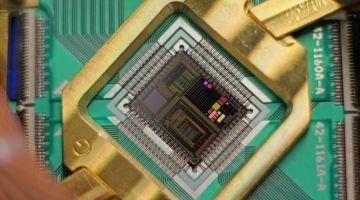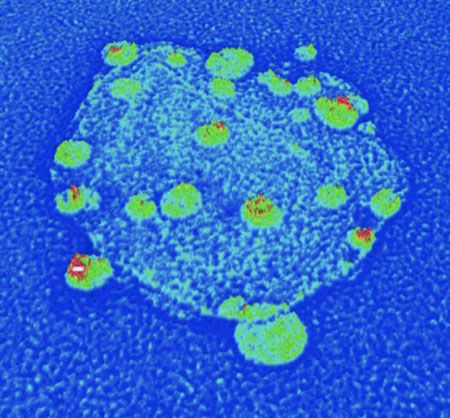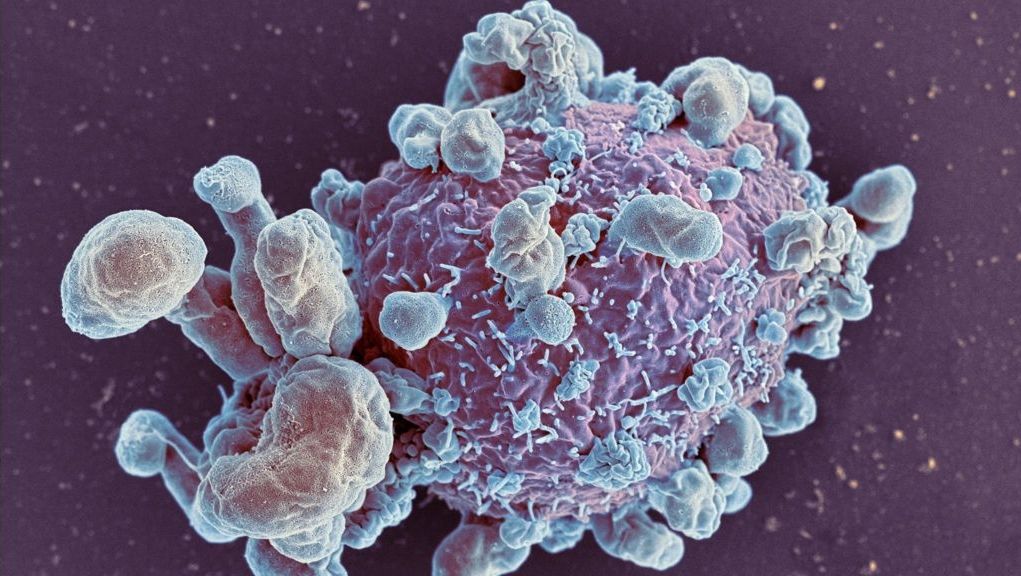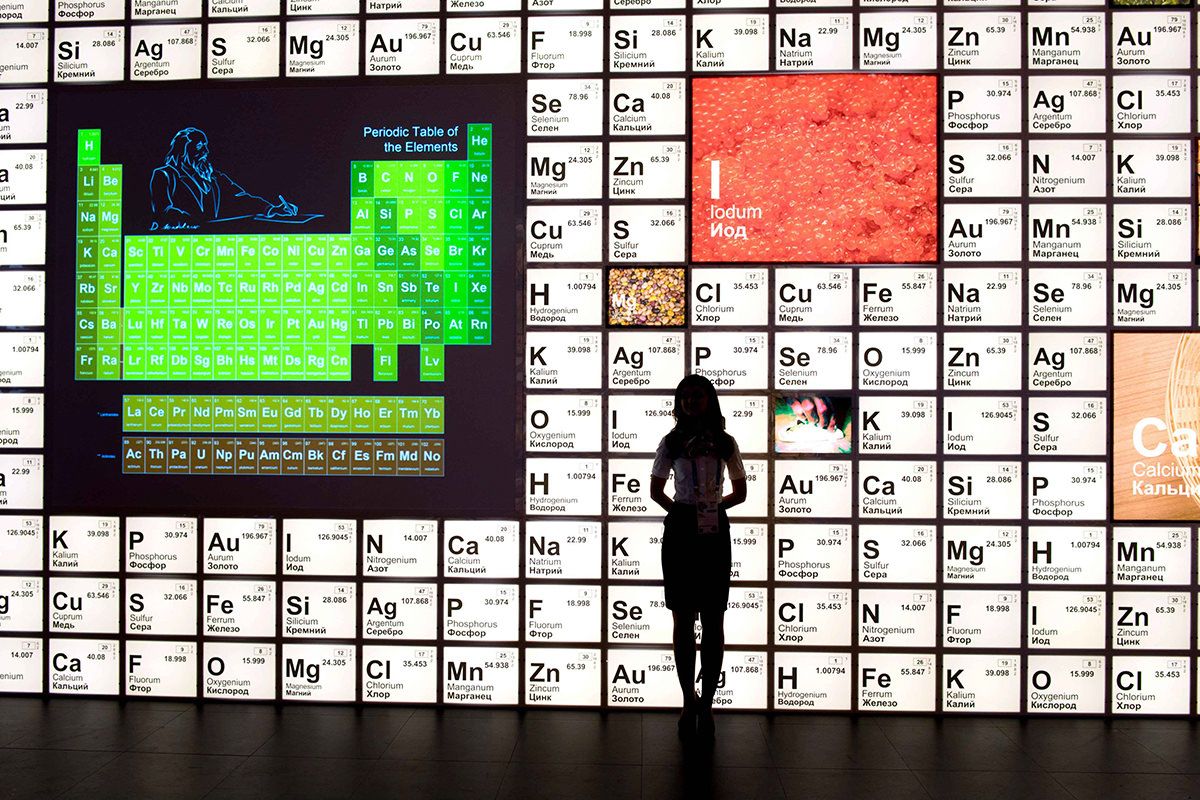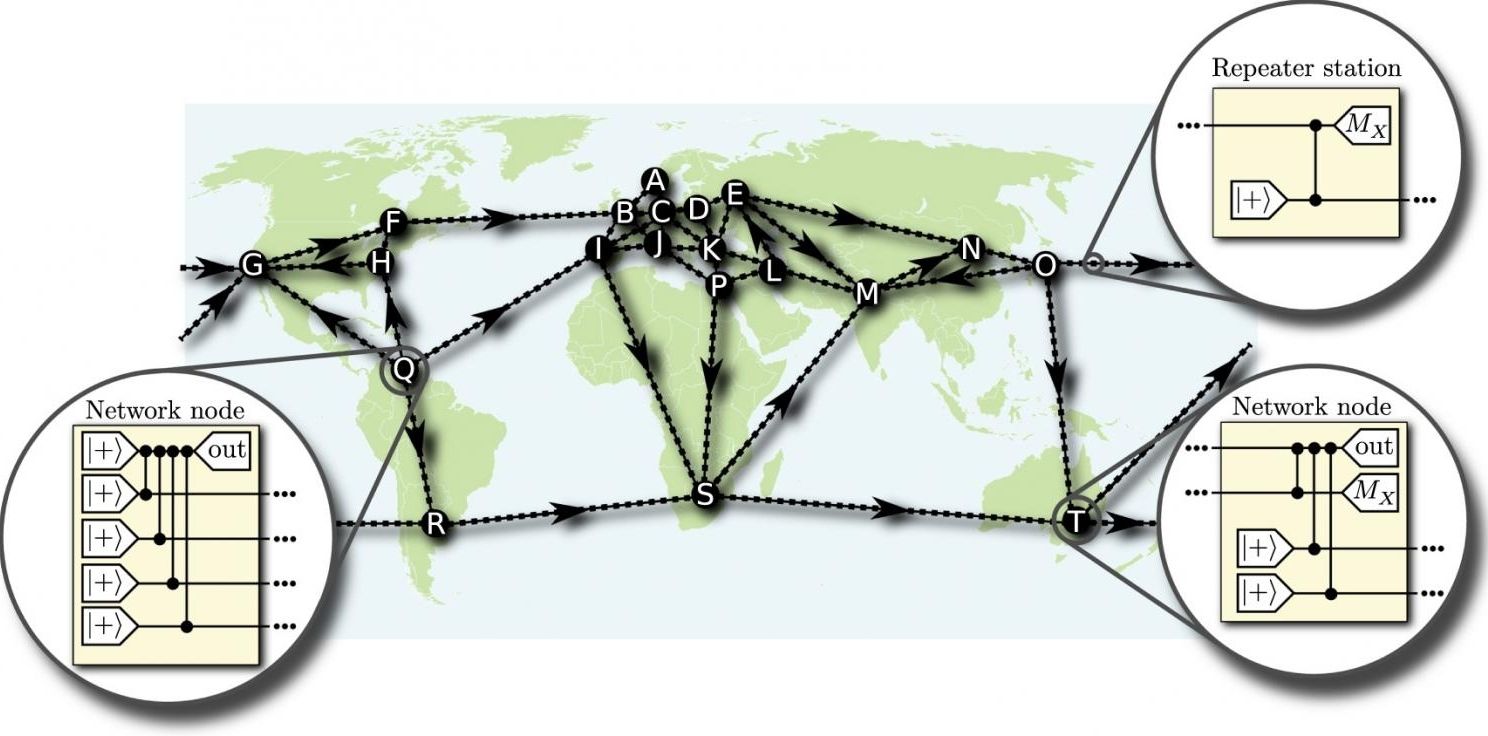
(Phys.org)—One of the most ambitious endeavors in quantum physics right now is to build a large-scale quantum network that could one day span the entire globe. In a new study, physicists have shown that describing quantum networks in a new way—as mathematical graphs—can help increase the distance that quantum information can be transmitted. Compared to classical networks, quantum networks have potential advantages such as better security and being faster under certain circumstances.
“A worldwide quantum network may appear quite similar to the internet—a huge number of devices connected in a way that allows the exchange of information between any of them,” coauthor Michael Epping, a physicist at the University of Waterloo in Canada, told Phys.org. “But the crucial difference is that the laws of quantum theory will be dominant for the description of that information. For example, the state of the fundamental information carrier can be a superposition of the basis states 0 and 1. By now, several advantages in comparison to classical information are known, such as prime number factorization and secret communication. However, the biggest benefit of quantum networks might well be discovered by future research in the rapidly developing field of quantum information theory.”
Quantum networks involve sending entangled particles across long distances, which is challenging because particle loss and decoherence tend to scale exponentially with the distance.
Read more

